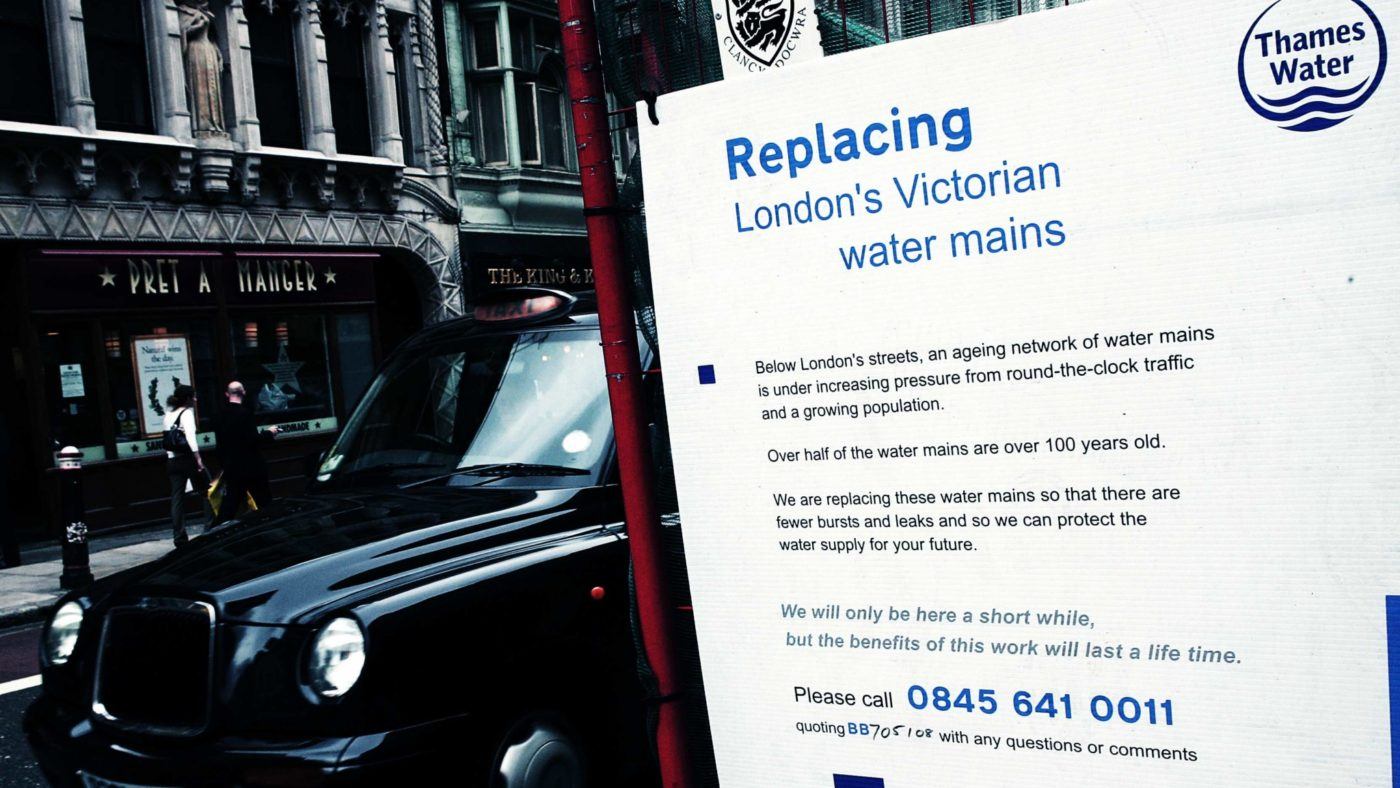Before we charge off and renationalise the utilities it might be worth recalling why we privatised them in the first place – because we couldn’t afford to invest in them while still keeping the national debt under control. The gross debt of a nationalised industry, of course, is part of the national debt.
This is as it should be too. The major asset of the British government is the ability to tax Britons off into the indefinite future. How much we can pay in tax is determined by how much we produce and or consume each year, that being what GDP is. Thus the correct measure to worry about is government debt to GDP.
This makes this comment from The Guardian both incorrect and irrelevant:
“Will it increase the public debt?
Economists Jonathan Portes of King’s College London and Tony Yates of Birmingham University jumped to McDonnell’s defence when he said the policy wouldn’t add to Britain’s debt burden. Unlike the nationalisations of failing industries in the 1930s and 1940s, Railtrack in 2002 and the banks in 2008, Labour’s targets are thriving. It may seem like an accounting sleight of hand, but the cost of privatisation would be balanced by the value of the asset acquired.”
This is simply not the way we measure national debt. We don’t offset assets against it. The debt is the amount the government owes.
And nationalised industries do, indeed, count as part of that debt. The debt of Railtrack, for example, is part of said national debt. Yet even though they own vast amounts of property to offset it we simply do not do that offsetting. Cash balances we do offset but not much else.
So we will count as debt whatever borrowings are taken out to buy the equity of the companies and we won’t be using the value of what is bought to offset that on the balance sheet. So the point is incorrect. But it’s also irrelevant, for along with that equity comes all of the debt owed by those organisations, straight onto the national debt.
Quite how much this is I’ll leave to those more willing to read balance sheets than I am. A quick look around gives an estimate of SSE’s gross debt at £15 billion, the water company sector at £35 billion of net debt (note, completely different calculations there, gross and net) and given the joy of nuclear plant construction, who knows what the electricity sector as a whole owes. It really would not surprise to find that there’s £200 billion of debt out there which would go onto the government books, 10 per cent or more of GDP, and it would be a shock if it were less than £100 billion, or around 5 per cent of GDP.
So why did we sell the things off in the first place? Well, we all knew that the water companies needed vast investment. Partly because government ownership had starved them of funds over the decades – sewage maintenance is not one of those sexy things chancellors get excited about spending upon, one of the reasons why we might not want that amount politically determined – and partly because EC (as was at the time, the EU wasn’t born yet) rules were going to mean that rivers would need to be clean, possibly even swimmable, not the diluted sewage so many of them were.
This was going to require great gobs of cash and the government finances wouldn’t support blowing out either the PSBR – the annual amount borrowed – or the national debt, the total stock owed. Thus we sold off the water companies and the private businesses borrowed the money instead.
There’s an important lesson here. In theory, government could invest the socially optimal amount in such infrastructure, in a manner that private economic actors would not. Our experience is that government woefully under-invested simply because infrastructure spending isn’t the sort of thing that gets politicians re-elected. Which is why when turned over to those private economic actors investment in the sector rose. Renationalising would just bring back that old problem, would it not?
But we’ve also got this simple accounting problem. Government debts are government debts so the national debt would rise by the amount the utilities owe. And no one is accounting for that in all the lovely numbers being bandied about. I wonder why that might be.


